9 Ways to Take Care of an Older Vehicle
As the economy gets worse and interest rates stay high, more and more people are opting for keeping their older vehicles rather than trading them in for new vehicles with outrageous payments. In 2022, the average amount of time to keep a vehicle was up to 12.2 years, which is an increase from 10.5 years in 2010, according to the S&P Global. If you're hanging onto an older car and hoping to get some more miles out of it, here are a few maintenance tips to consider.
1. Change Your Oil Religiously
The consistency of your oil changes will have a huge impact on the longevity of your engine. If you can keep the engine of your older car in good shape, you can probably drive it for much longer. When oil changes aren't done properly, stress will be put on the engine, and this can result in expensive repairs. This is probably the most important part of auto care.
2. Pay Attention to the Brakes
When it comes to older vehicles, you can't afford to ignore important signs. The braking system in your vehicle will give you signs that it needs attention. For instance, you'll hear noises like grinding, scraping, or squealing. These are sure indicators that the brakes need attention. If you notice leaking brake fluid, this means you need immediate repairs and that the vehicle is unsafe to drive until repairs are done.
3. Manage Your Tires
You might not think that tire maintenance has much to do with your vehicle lasting a long time, but good tire care will help to prevent collisions. If your car is in great shape mechanically, but you wreck it because of bad tires, you've still lost the car. Make sure you rotate your tires periodically and keep them inflated to the recommended amount.
4. Keep an Eye on Steering and Suspension
You should also pay close attention to your steering and suspension. If these items are ignored, it could cause permanent damage to your car. Steering and suspension issues can also accelerate the wear and tear on your tires, which puts you at risk of a collision.
5. Radiator Hoses
One important aspect of maintaining an older car is to care for the radiator hoses. You need to make sure these are changed occasionally. When cars age they need all hoses replaced. This should be checked out by a professional mechanic when you have oil changes done.
6. Fuel Lines
Fuel lines will crack with age and start to leak fuel. If you neglect to replace the fuel line, you can even run the risk of a vehicle fire. Most auto repair shops can help you with this type of repair easily.
7. CV Joints
For front wheel drive vehicles, the CV joints can become a problem when a car ages. You might start to hear a clicking sound during sharp turns. This indicates that the constant velocity joints need replacing. Having a professional inspect the car can help you determine what needs to be done.
8. Engine Timing Belts
In our experience, if your vehicle has an interference engine, the timing belt will need to be replaced every 60,000 miles to 100,000 miles. If the timing belt breaks, you might wind up with bigger and more expensive problems. If you ignore a problem like this, you risk the entire engine.
9. Changing All Belts and Hoses
Belts and hoses don't last forever on vehicles. When you have your vehicle serviced by a mechanic, they should be able to advise you on what needs to be replaced. You might be tempted to skip these types of services in order to save money, but in the long run, you run a bigger risk of more expensive repairs or losing the vehicle altogether.
These are just a few things to keep in mind in order to better maintain your older vehicle. If you are unsure about what you should be doing to maintain your older vehicle, don't hesitate to ask your local auto care expert. Remember, proper maintenance is a must if you want to get the most miles out of your current car. If you're looking for quality auto care for your vehicles, please contact us at Tires Plus today.
CHAMPAIGN LOCATION
HOURS
DANVILLE LOCATION
505 N Gilbert St
Danville, IL 61832
(217) 443-2320
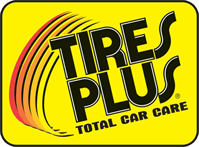
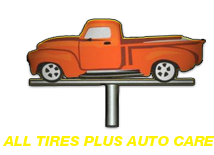
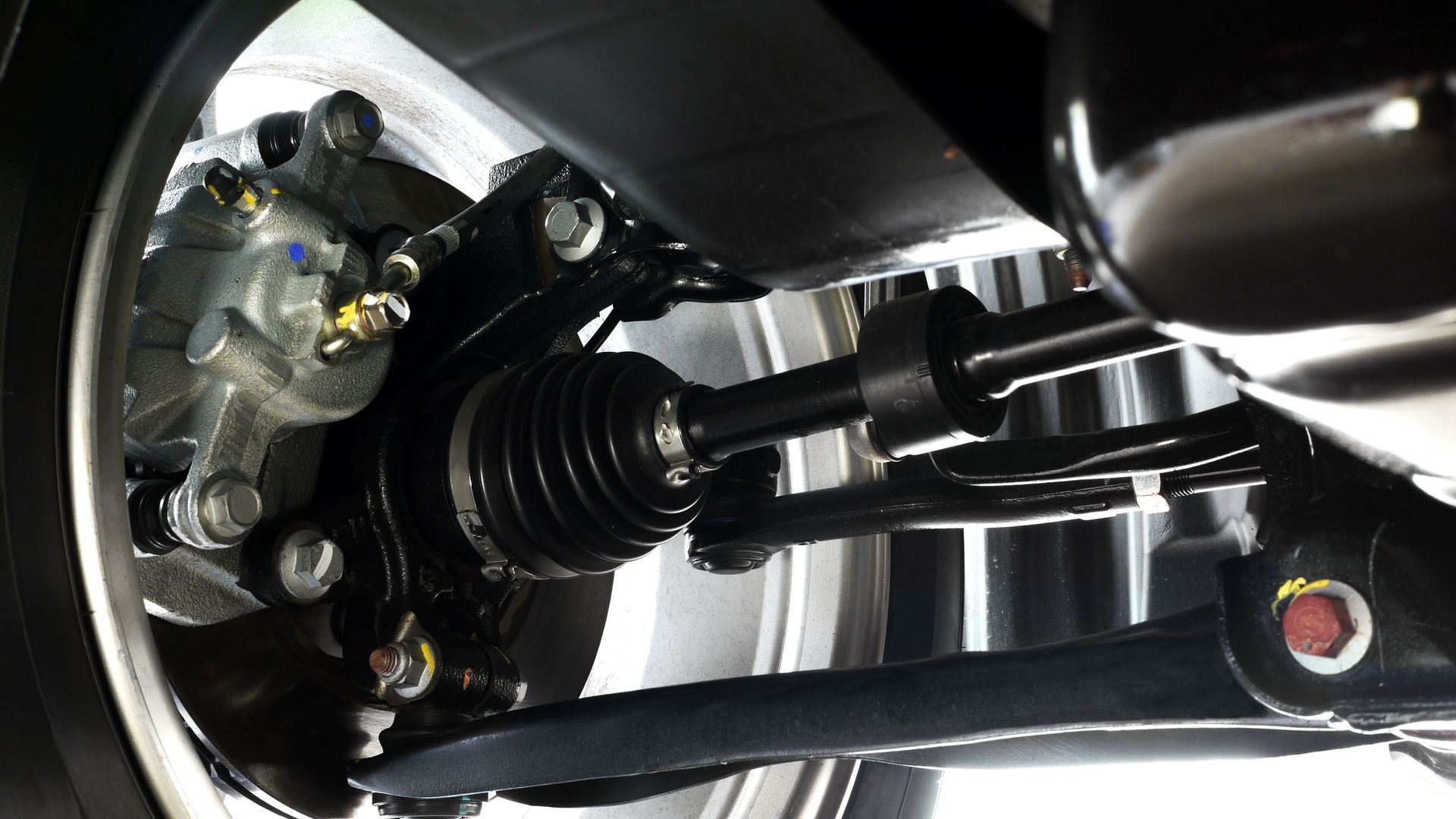
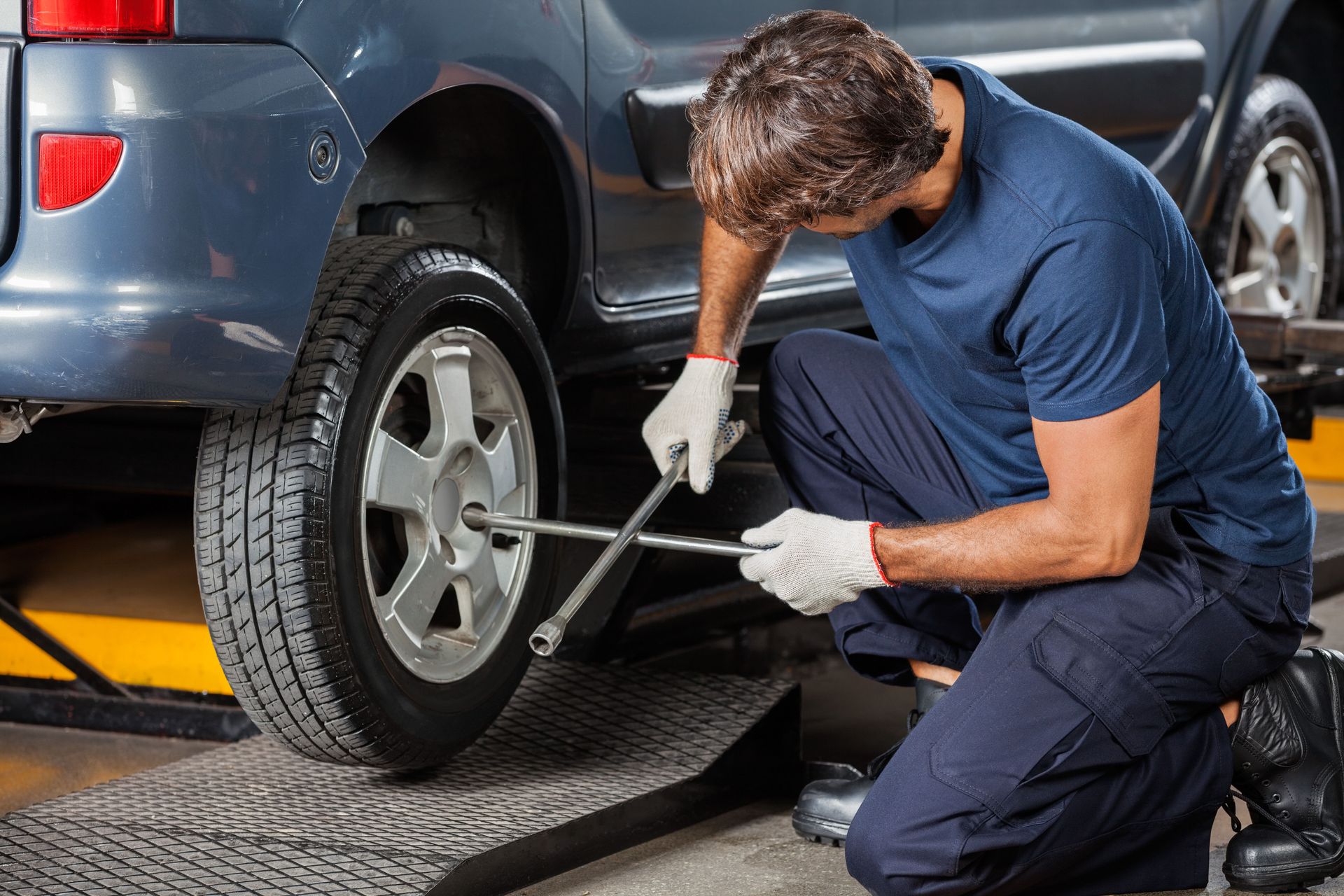
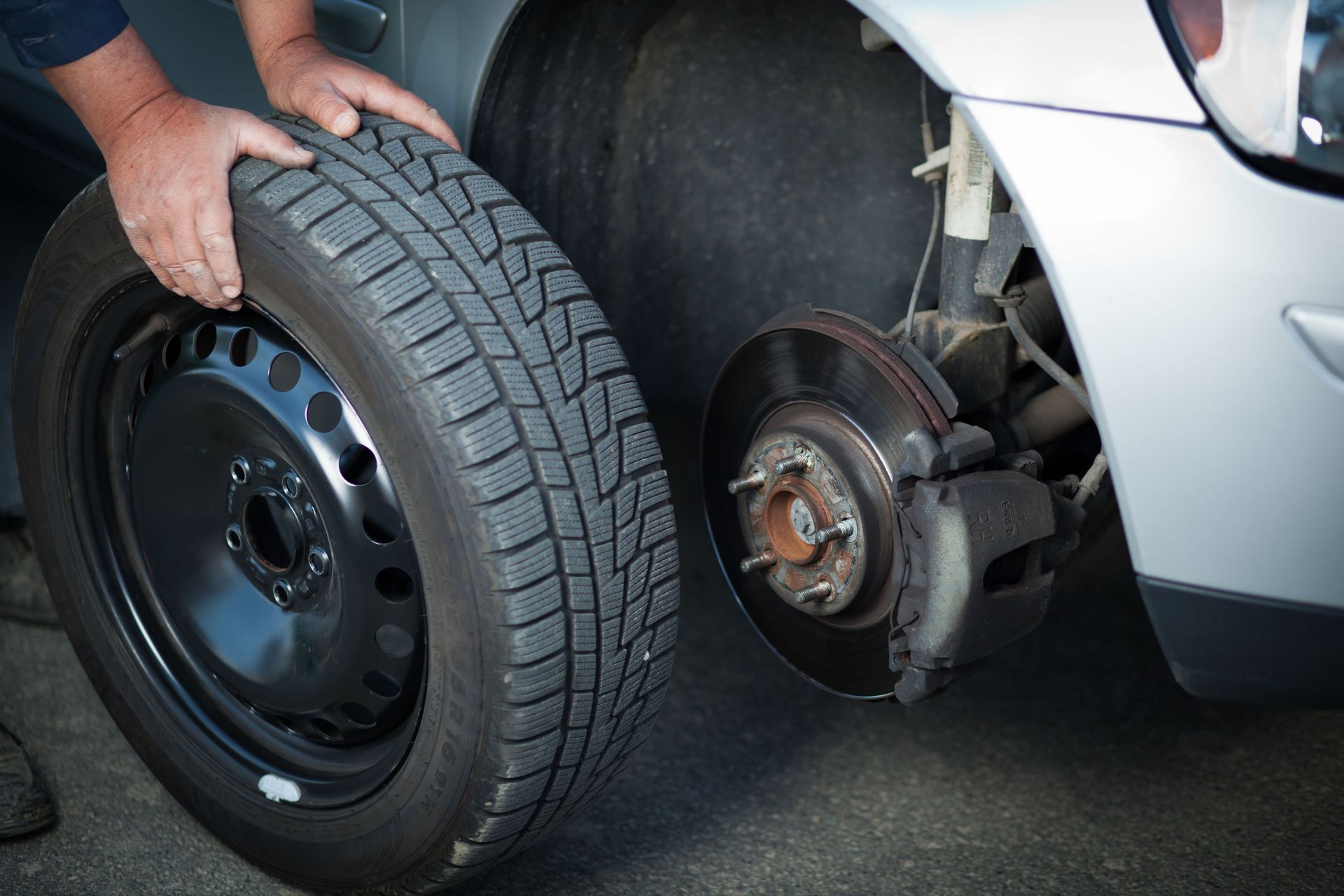

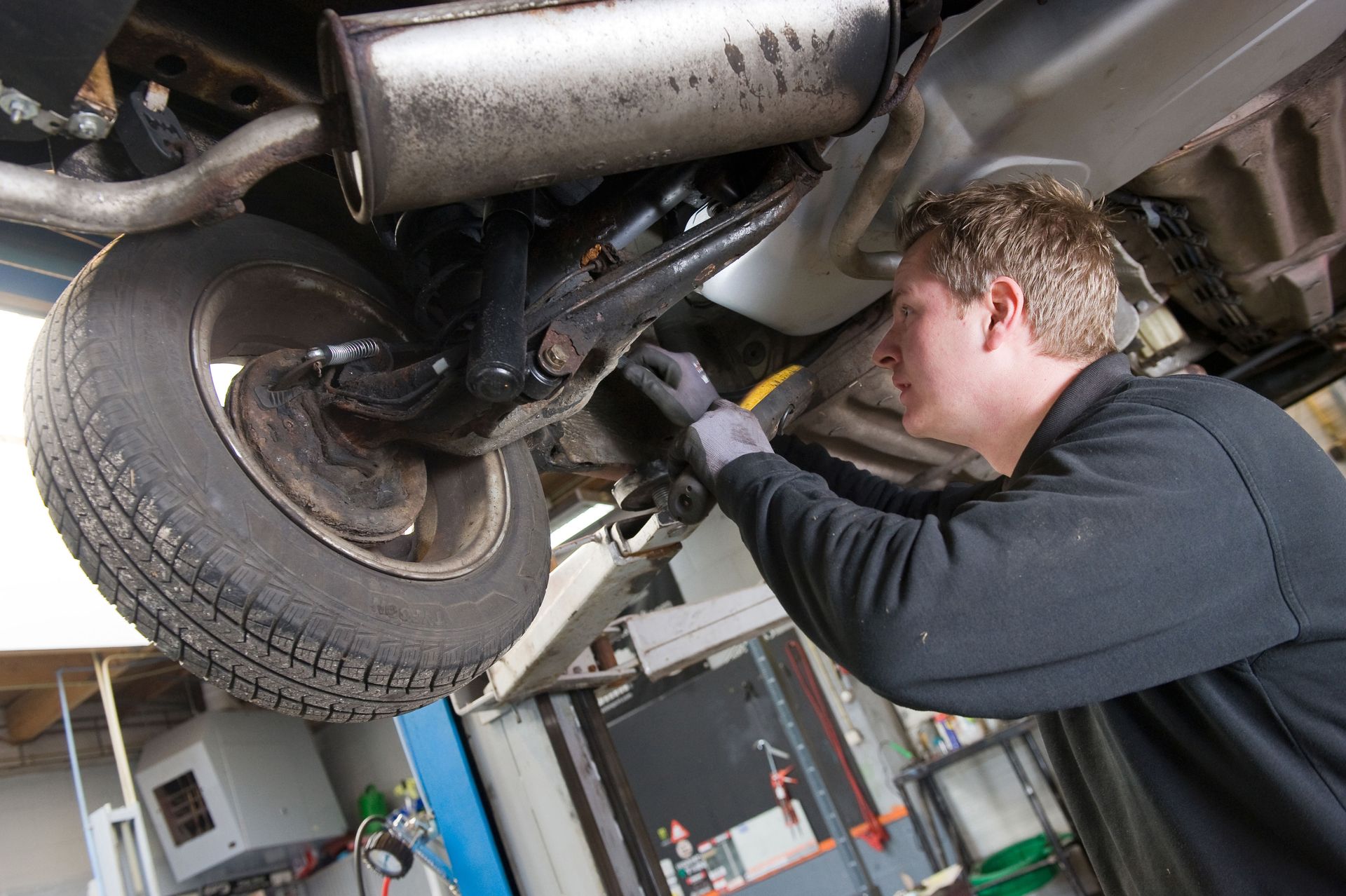
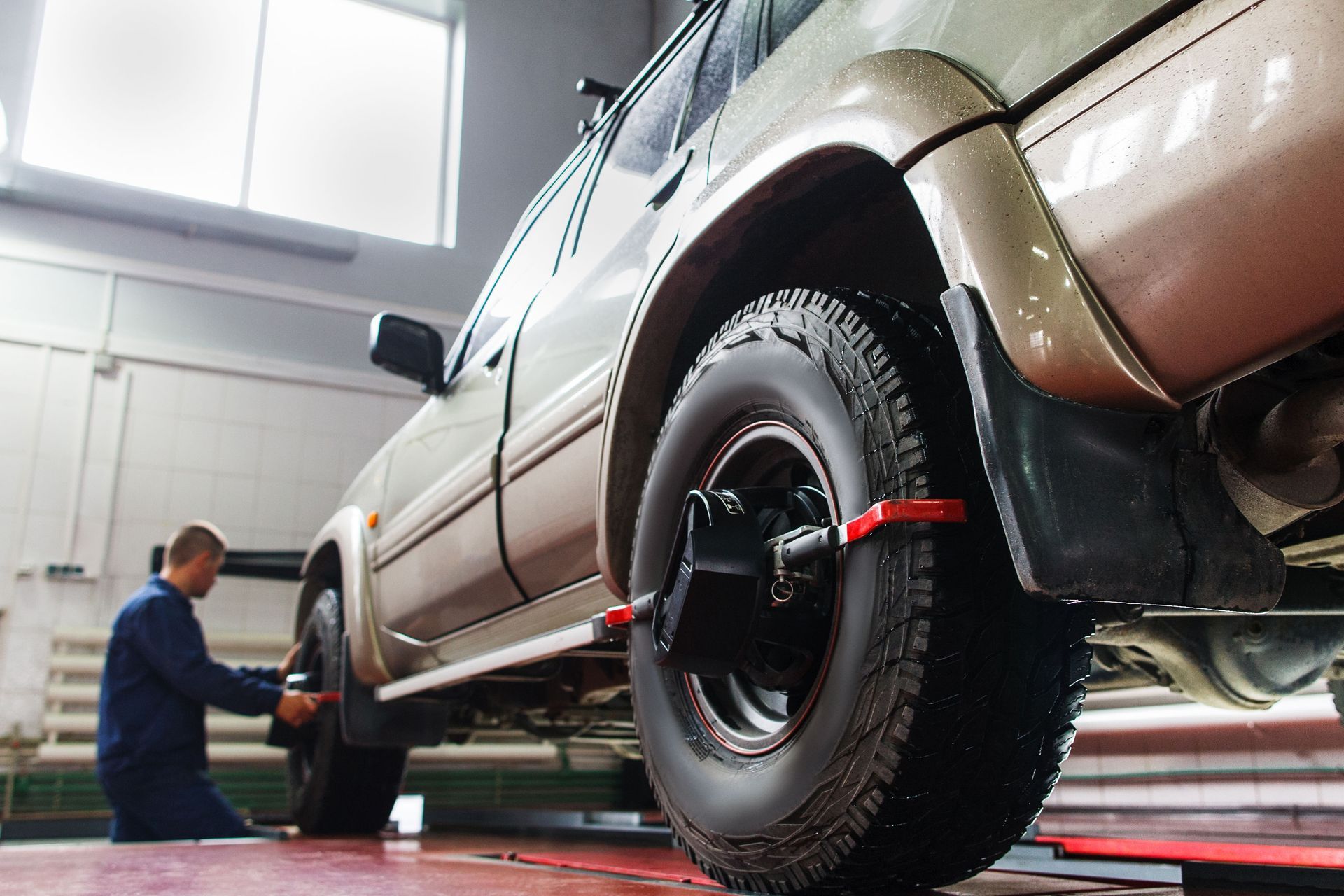
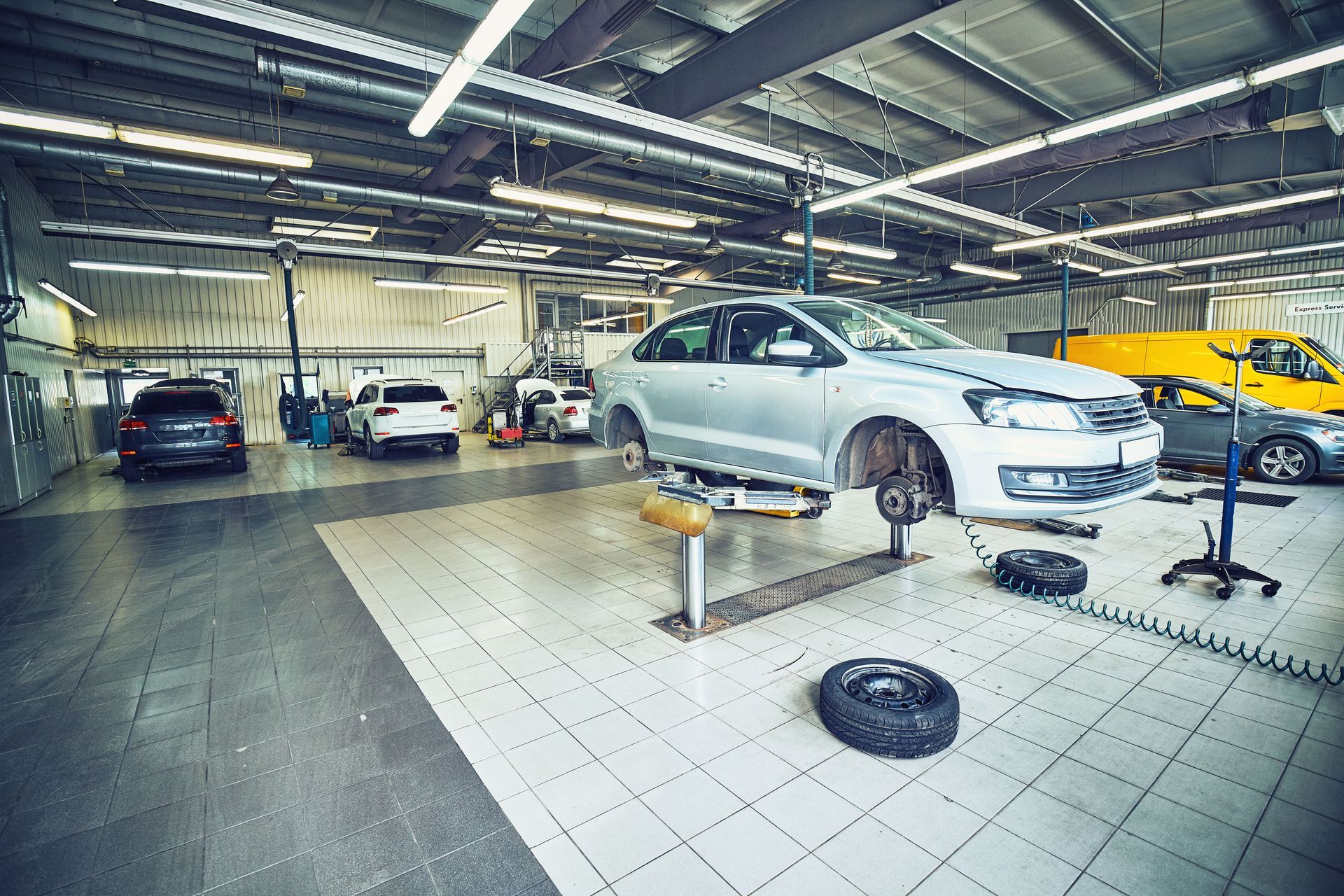
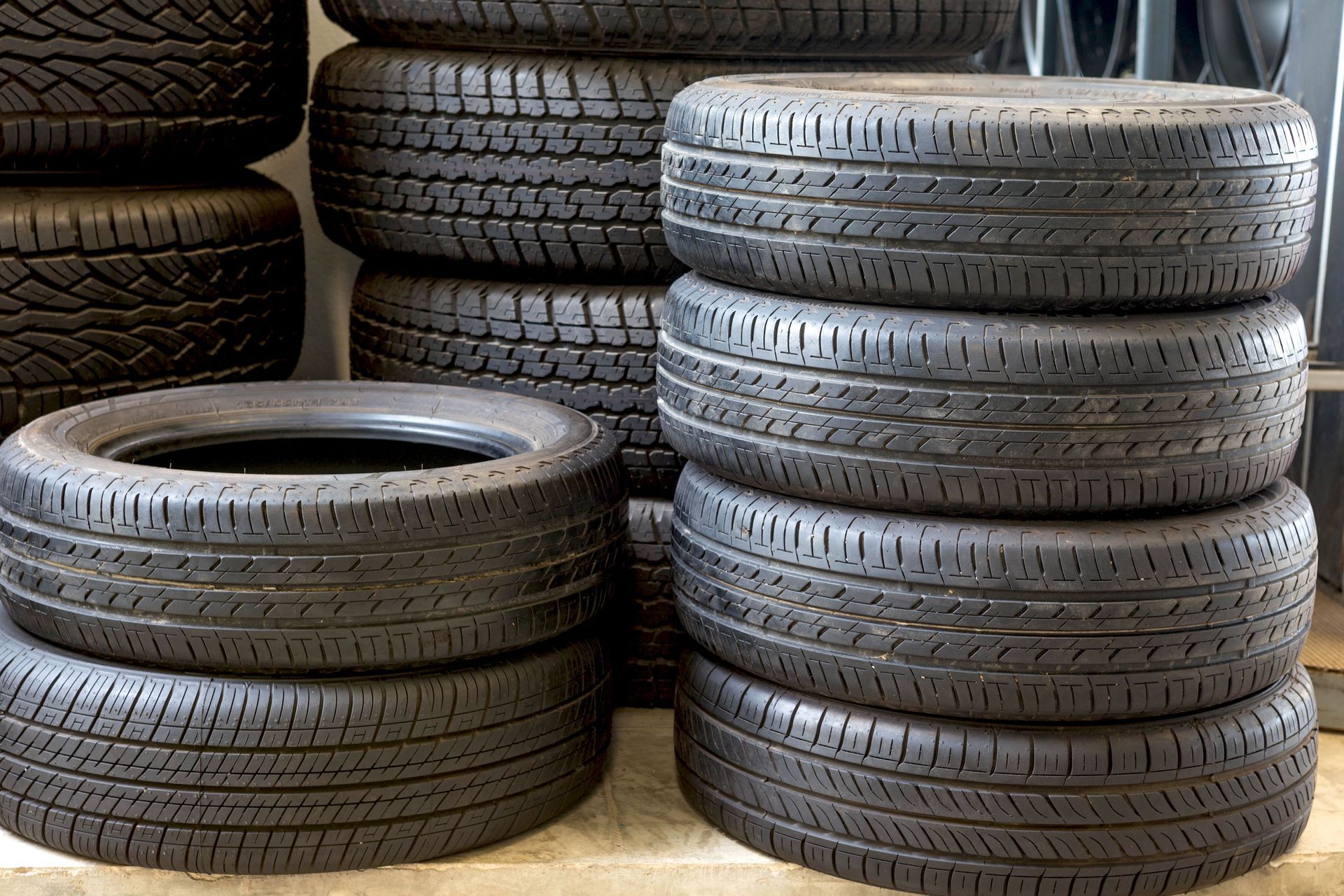
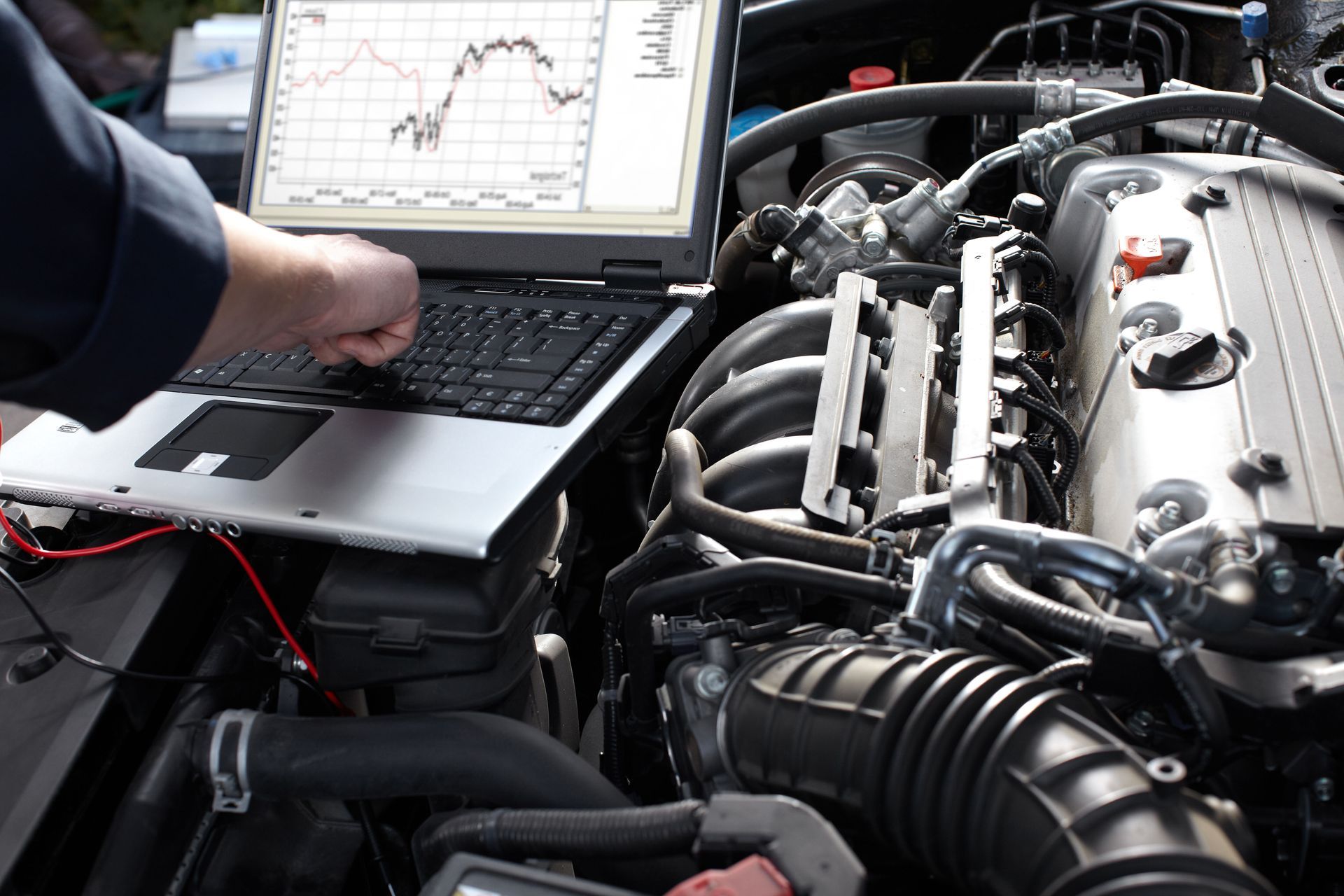
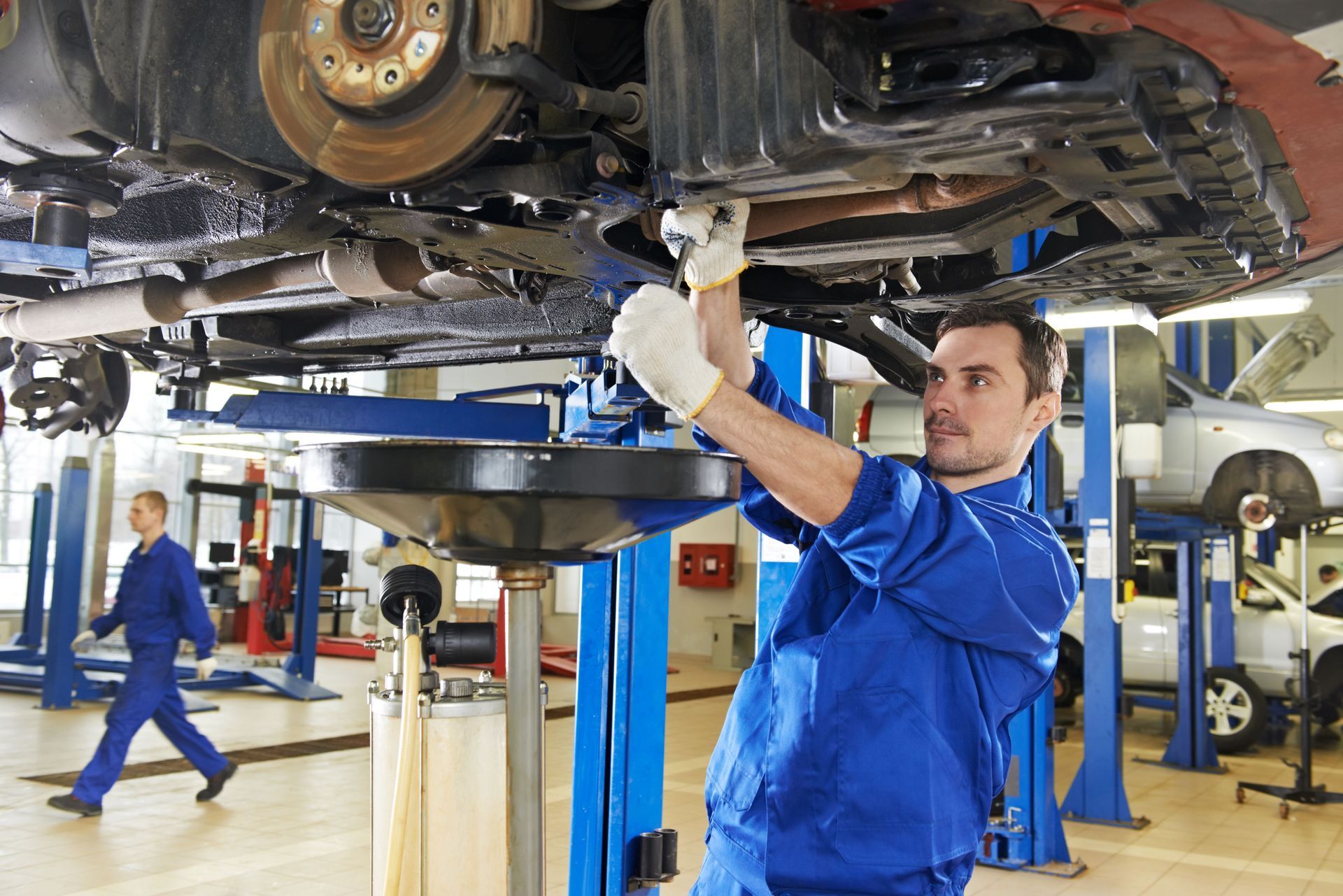

Share On: